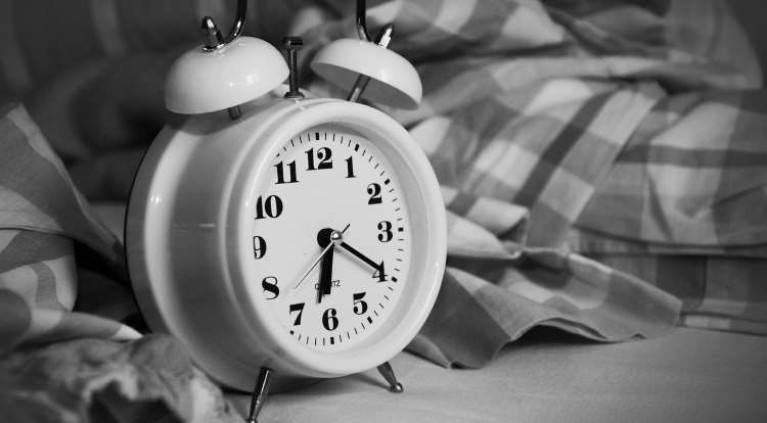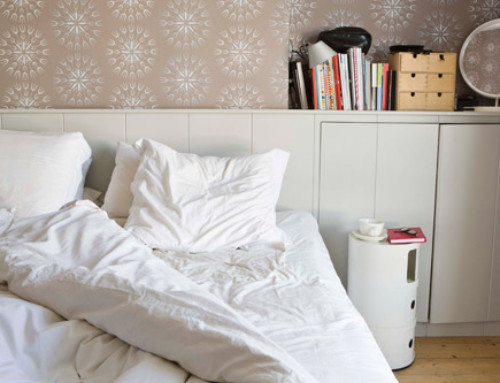Our bodies have developed over time to sleep when it is dark and be awake when it is light. This is a natural flow, and science has shown we do ourselves no favors when we try to disregard this natural flow of life. Part of that is our culture. A 2013 study showed 25 percent of the working population had to cut back on sleep because of long working hours. This continues when people leave work, with televisions, computers and other things that disrupt the body’s need for sleep. Researchers also say it is myth that you can catch up on your sleep over the weekend. Missing sleep causes damage that cannot be made up immediately, but over time the body does get healthier when better sleeping patterns are established.
Some people think it is a sign of hard work or dedication to not get enough sleep or they see sacrificing sleep as something easy to do, but studies show it is not healthy. The Journal of Neurobiology of Aging says people who lose sleep may get Alzheimer’s disease earlier than the would have if they had gotten enough sleep. Other health issues related to sleep deprivation include diabetes, obesity, heart disease and even brain damage. Losing sleep does not cause these disorders, but makes them worse or are a contributing factor. Lack of sleep also has a negative effect on creativity and ability to concentrate. A well rested person functions much better in any kind of environment.
The lights from things like television and computers suppress the body’s production of melatonin, which is a chemical in the body that helps one sleep. One way to fall asleep easier is to not watch TV or be exposed to a computer at night, or at least not late at night. Daytime and nighttime are also natural alarm clocks. Artificial lights in the evening, and a lack of exposure to the sun, can throw that natural balance off, research has shown. People who work at night may be at a disadvantage here. It helps sleep to be in as dark of a room as possible. Researchers also say it is good to get at least one hour of exposure to natural daylight each day.
Another tip is to move alarm clocks or any electrical device, away from your bed. It can be stressful to see what time it is, and that could prevent one from falling asleep. Even the light from a radio clock can suppress the body’s natural need for dark when sleeping.
Other things you can do include taking a hot shower or bath before going to bed. The hot water is relaxing, and when you get out of the shower or bath, your body temperature goes down naturally. This has a relaxing effect on the body and can make sleep come easier. A related item is to keep the bedroom cooler. Most people sleep better in a cooler room, at below 70 degrees. Some experimentation can find the best temperature for you.










Connect With Us